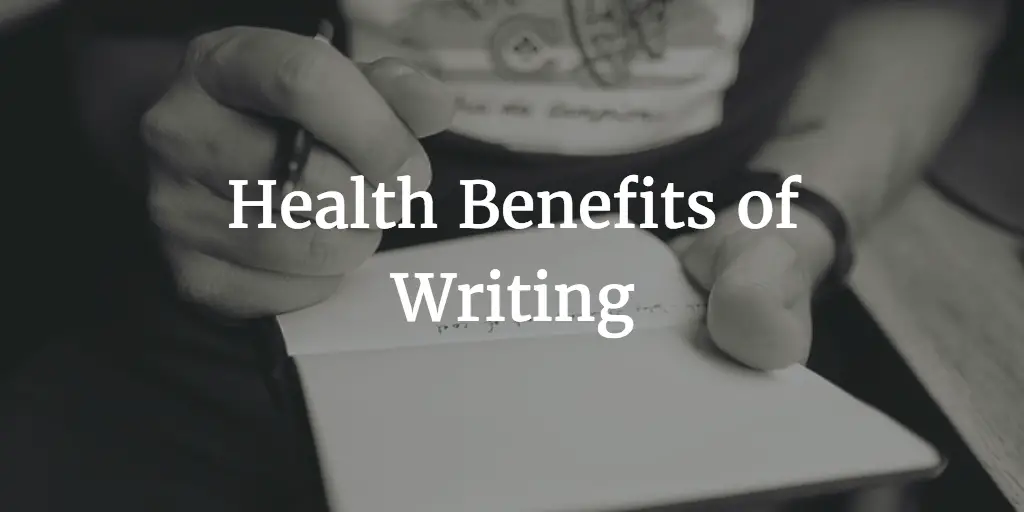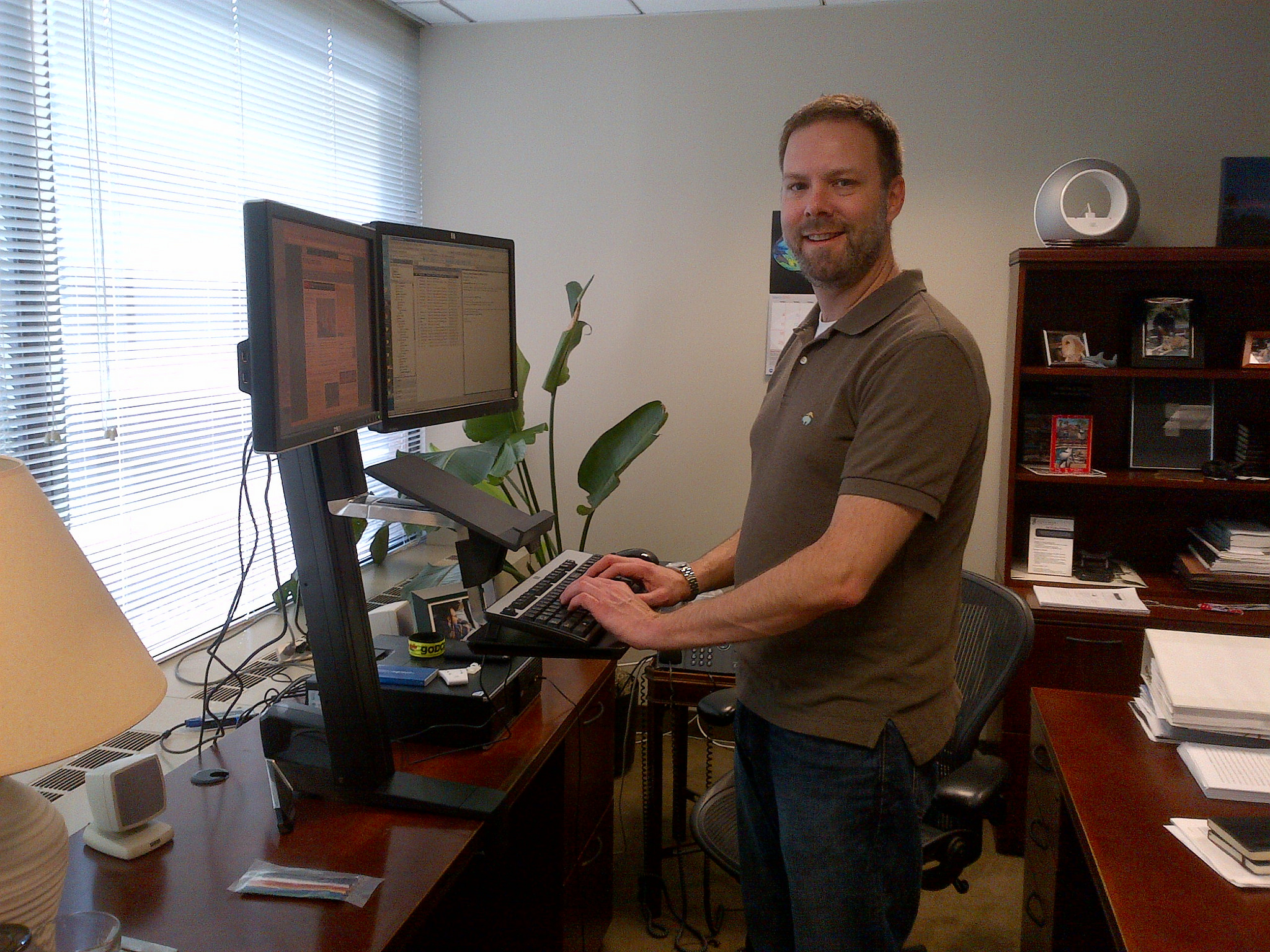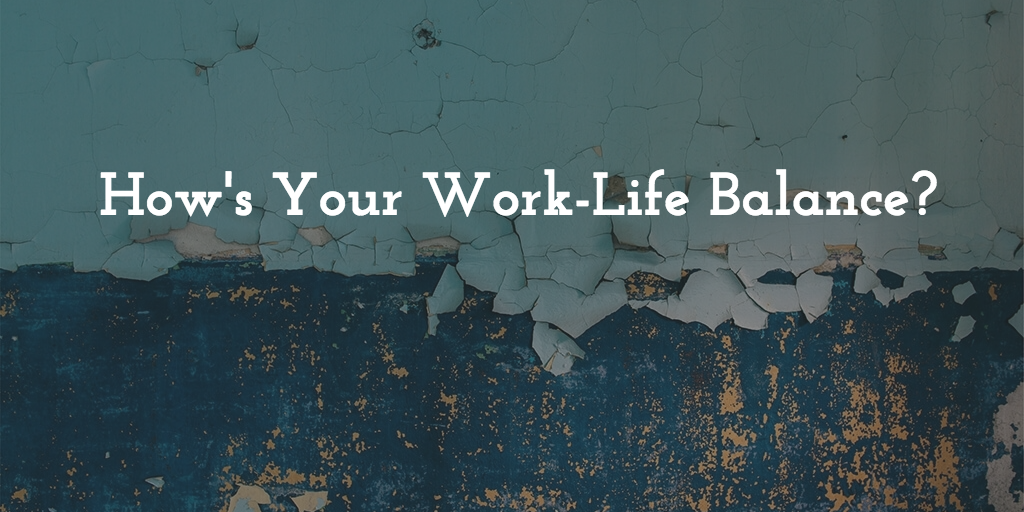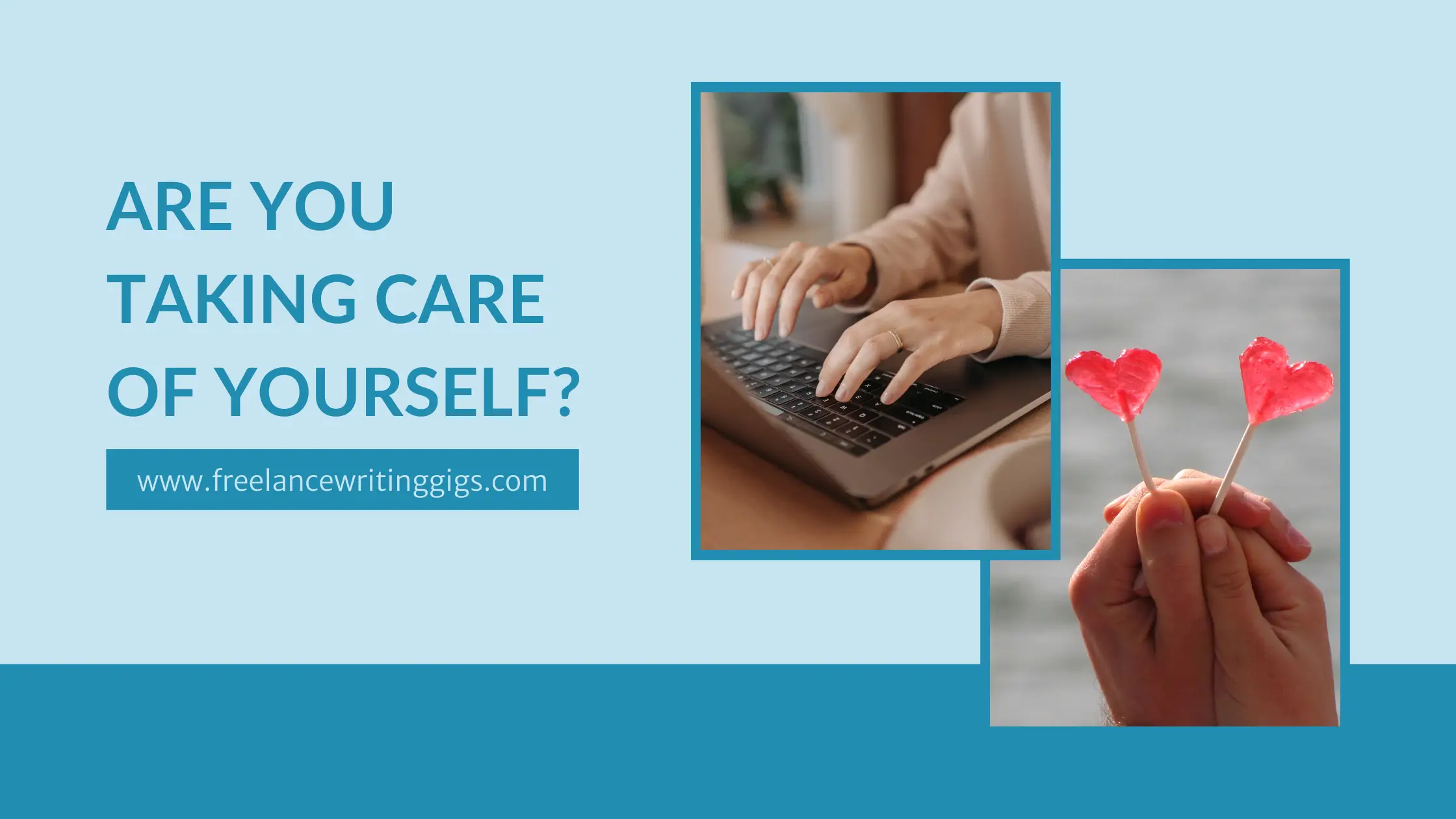Health
-
Freelance Writers, How Physically Active Are You?
Let’s take a break from talking about searching for freelance writing jobs,…
-
These 12 Desk Stretches Will Make a Huge Difference to Your Day
Whether you are just joining the world of freelance or are a…
-
Improving Your Mental Health as a Freelancer
It’s estimated that over 1 billion freelancers are working around the globe,…
-
Breathing Exercises to Help De-stress
Is it just me or workload recently has significantly increased because everyone…
-
How to Fix Your Body Clock
Just when we thought we already got the hang of working from…
-
This Is What Science Says About What Writing Does to You
There is no doubt that there are tons of writing benefits. For…
-
5 Ways for Remote Workers to Stay in Shape
Being a freelance writer means spending lots of time at home sitting…
-
Have You Assessed Your Work-Life Balance Lately?
The topic of work-life balance is a real problem, for both regular…
-
Writers, Do You Take Care of Yourself?
Working from home was my dream job, and it still is. I…
-
The Power of a Nap
I’ve come to realize that the freelance writing lifestyle is not as…










